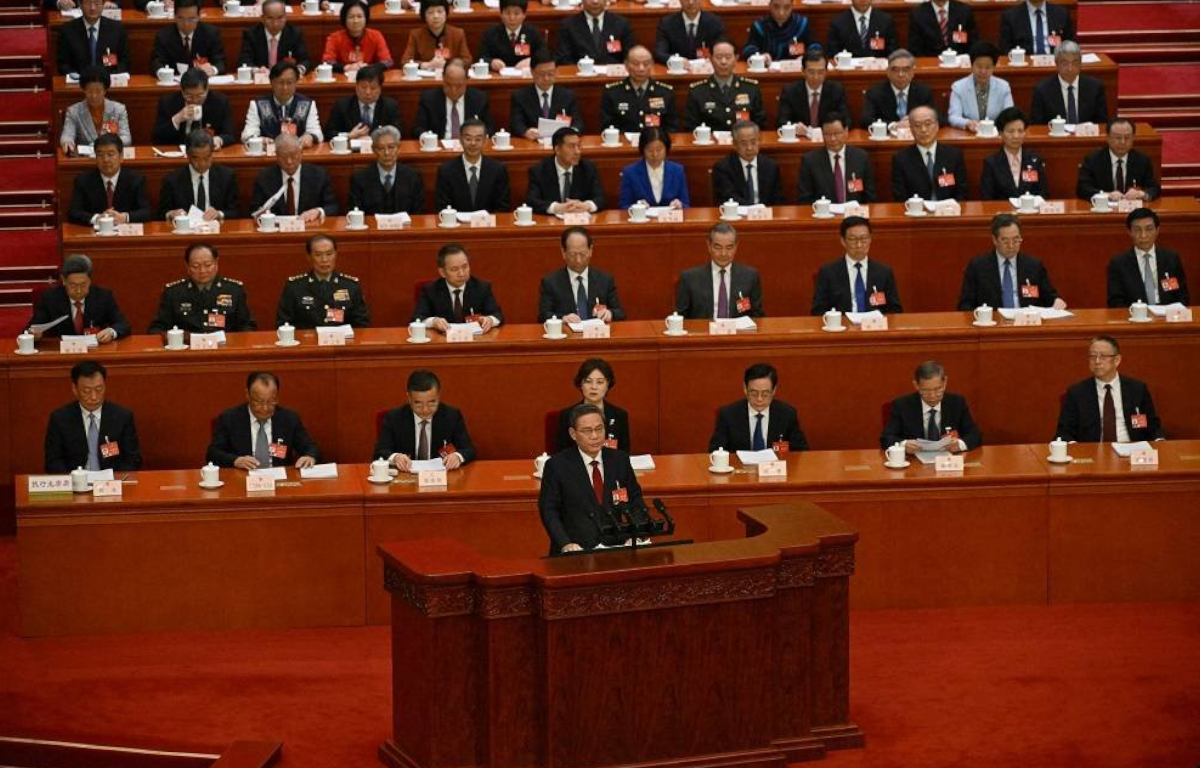
For decades, the economic interdependence between China and the United States has been a defining characteristic of the global financial landscape. Central to this relationship has been China’s accumulation of US Treasury securities as a way to manage its vast foreign exchange reserves. This not only helped stabilize China’s currency but also provided the US government with a stable source of funding.
However, recent years have seen this bond strained by concerns that transcend economics. Geopolitical tensions, differing ideologies, and national security considerations have injected a new level of complexity into the economic equation.
China’s decision to trim its US Treasury holdings can be attributed in part to concerns about the security of these investments. The intricacies of modern finance mean that holding large amounts of a foreign nation’s debt is not just an economic strategy but also a potential vulnerability. In an era of technological prowess, cyber threats, and data warfare, such vulnerabilities can become tools for leverage and manipulation.
China’s drive to bolster its national security apparatus and safeguard critical data has led to reevaluations of its investments. The reduction in US Treasury holdings can thus be seen as a calculated maneuver to mitigate potential risks, a move that aligns with China’s broader strategy of protecting its interests in an increasingly digital and interconnected world.
The erosion of trust between China and the United States is another factor driving this move. Geopolitical tensions, ranging from trade disputes to human rights concerns, have created a climate of uncertainty. As both nations assert their positions on the global stage, financial instruments like Treasury holdings have become not just financial assets but also geopolitical chips.
China’s reduction in US Treasury holdings can be interpreted as a signal of its willingness to employ economic measures in response to diplomatic and geopolitical challenges. It underscores the intricate relationship between economics and politics and serves as a reminder that financial markets are not immune to the ebb and flow of international relations.
The repercussions of China’s reduced US Treasury holdings are likely to reverberate across the global economy. Financial markets, always sensitive to geopolitical shifts, will undoubtedly react to this strategic maneuver. Fluctuations in bond prices, currency exchange rates, and investor sentiment are all on the table.
Additionally, the move might prompt other nations to reconsider their own investments in US Treasuries, potentially reshaping the landscape of international finance. Diversification of investments away from reliance on a single country’s debt could become a trend, as nations seek to minimize risk exposure.










Share this: